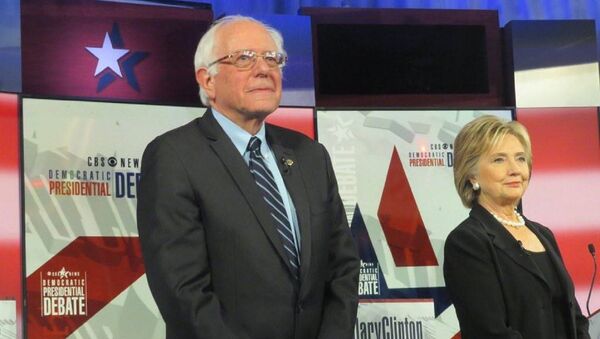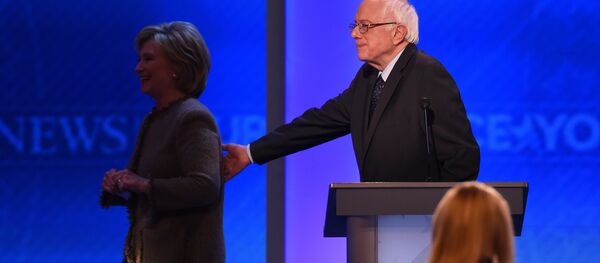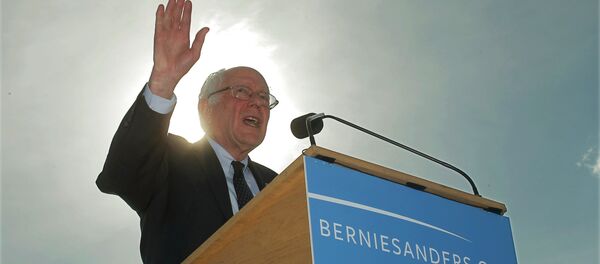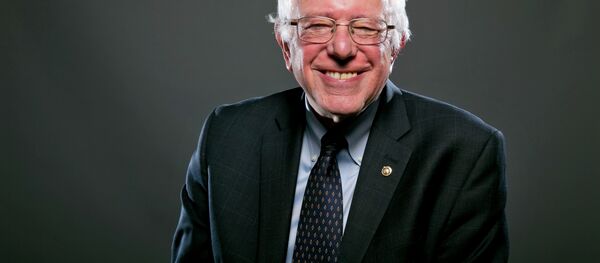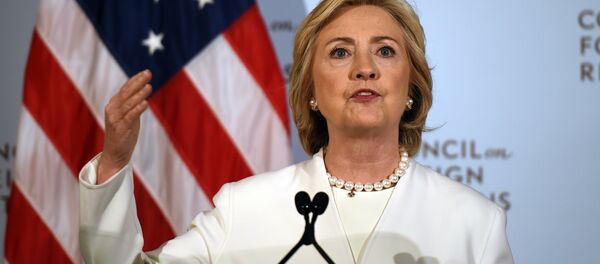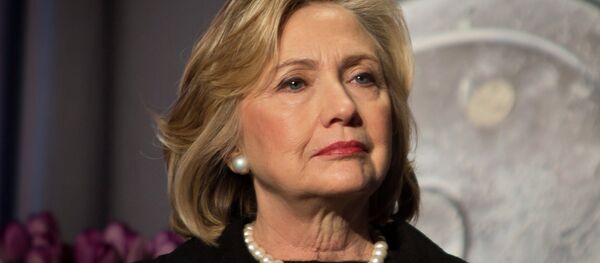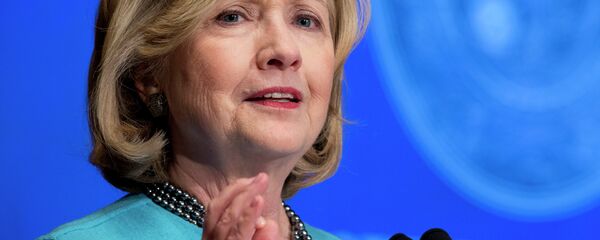That fearful threat, of course, never happened. Liberal intellectuals (with a lot of help from the CIA) circumvented the Communist line by inventing an artificial "left" of their own that, over time, successfully marginalized the real left and delegitimized it.
Democratic Party liberals fought the Communists to the bitter end in Vietnam and elsewhere, but by 1980 had so lost track of their own identity that they easily fell to Ronald Reagan's New Right.
The mass movement of the American people away from left-leaning democratic populism came as a profound shock to Democratic Party regulars exhausted from their struggles with the left. Vice President Walter Mondale's devastating 49 state defeat to Reagan in 1984 sealed the left's fate and, in 1985, the party was lobotomized of any left-sided ideology at all, merging with its intellectual other.
The New Democrats were quickly swapping tried and true Democratic Party values for tried and true Republican virtues, and within no time had banished the real "left" in anything but name from the political process.
Prior to the 1990s, old Democrats were careful to reconcile their rank and file with the "limousine liberals" who financed candidates and funded campaigns, but according to the author of Reinventing Democrats, Kenneth Baer, the DLC was now brazenly selling itself as an "elite organization [within the party] funded by elite-corporate and private-donors."
It is beyond doubt that Hillary Clinton will not change her expansionist internationalist views, no matter what she promises or delivers in terms of domestic social programs.
Like all New Democrats, she demands a tough military response to virtually all of America's foreign policy problems, even after it has consistently proven to worsen America's security. But without demanding profound and permanent changes in America's neoconservative interventionist foreign policy, Bernie Sanders as President won't make any difference either.
America's next president will have to deal with neocon-inspired crises in foreign policy that grow more dangerous by the day. Afghanistan, Iraq, Libya, Syria and Ukraine, Russia, China, Iran and NATO expansion sit atop a long list of hot-button issues that could quickly turn into violent conflicts far more deadly than World Wars I and II. But unless Sanders is willing to face down the fact that these crises are the product of a neoconservative philosophy of unending war, he will fare no better than his predecessors.
America's political freedom relies on safe and rational foreign policy decisions. The Patriot Act, NSA spying and a perpetual War on Terror are but three consequences of a foreign policy that is neither safe nor rational. Supporters of Bernie Sanders assume that he will make foreign policy decisions free from the inbred neoconservative biases of his chief opponent, but what will the Vermont Senator's supporters do should their candidate fall in line with the status quo after the election, as Obama did, and fail to deliver on his promises?
Americans, both left and right, are ill informed when it comes to their leaders. Most Americans would be horrified to learn that many of the neoconservatives behind America's permanent war culture learned their trade under the tutelage of RAND military analyst Albert Wohlstetter, a follower of Leon Trotsky, the leader of the Red Army and a close compatriot to Vladimir Lenin during the Bolshevik Revolution of 1917.
Americans would have to reexamine every assumption they have about their political system when they realize the core, flag-waving architects of Ronald Reagan's New Right were Trotskyites. Had it not been for Joseph Stalin, they might have been running the Soviet Union but, instead, they are now running the United States.
So where does Bernie Sanders hang his hat in this maelstrom of a century old struggle to control of the world? With all the insane and somewhat fascist rhetoric issuing from Donald Trump's campaign, one idea worth stealing is the one that riles the neoconservatives of both parties: Sanders' desire to overthrow the neocon ideological agenda of endless war, a political belief system that still rules Washington foreign policy circles.
Paul Fitzgerald and Elizabeth Gould are the authors of Invisible History: Afghanistan's Untold Story, Crossing Zero The AfPak War at the Turning Point of American Empire and The Voice. For more information visit their websites at invisiblehistory and grailwerk. They can be reached at gould.fitzgerald@verizon.net.
